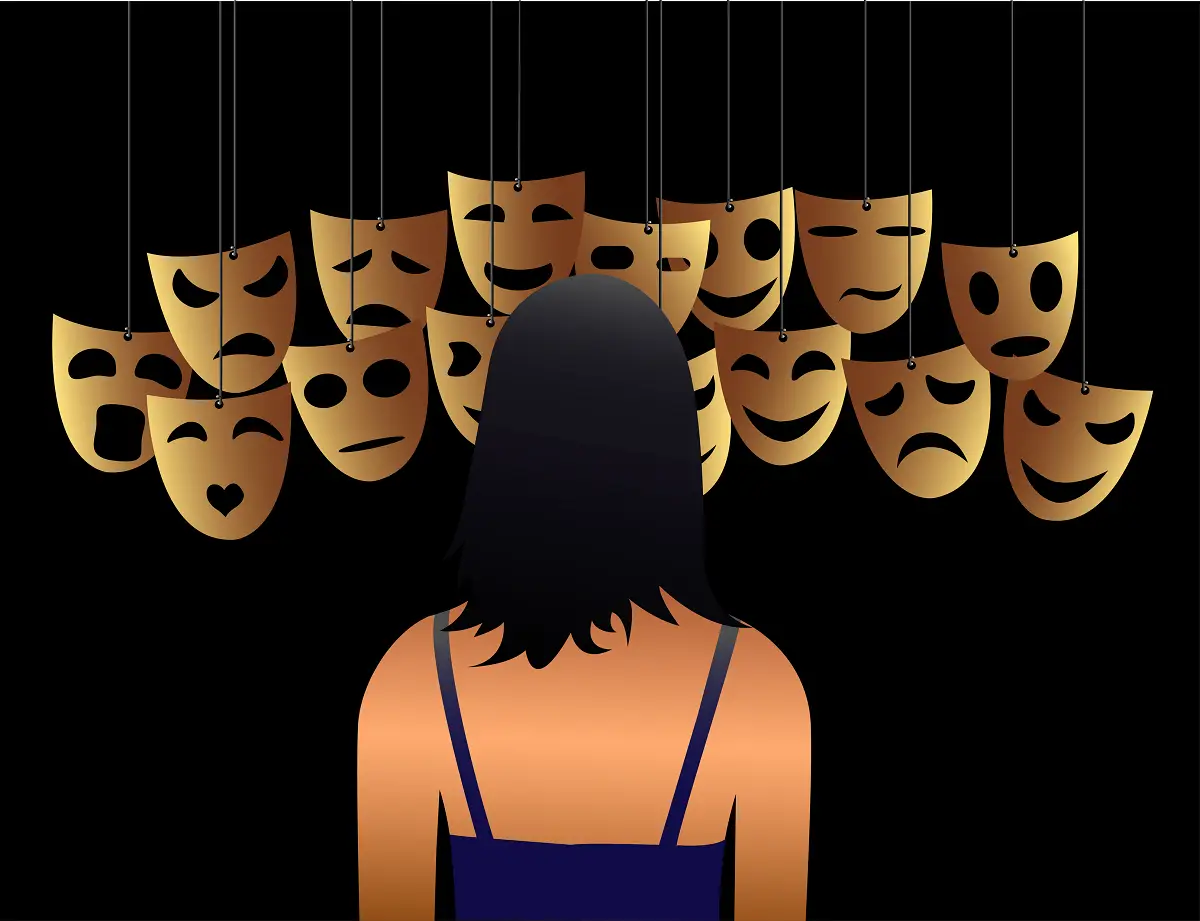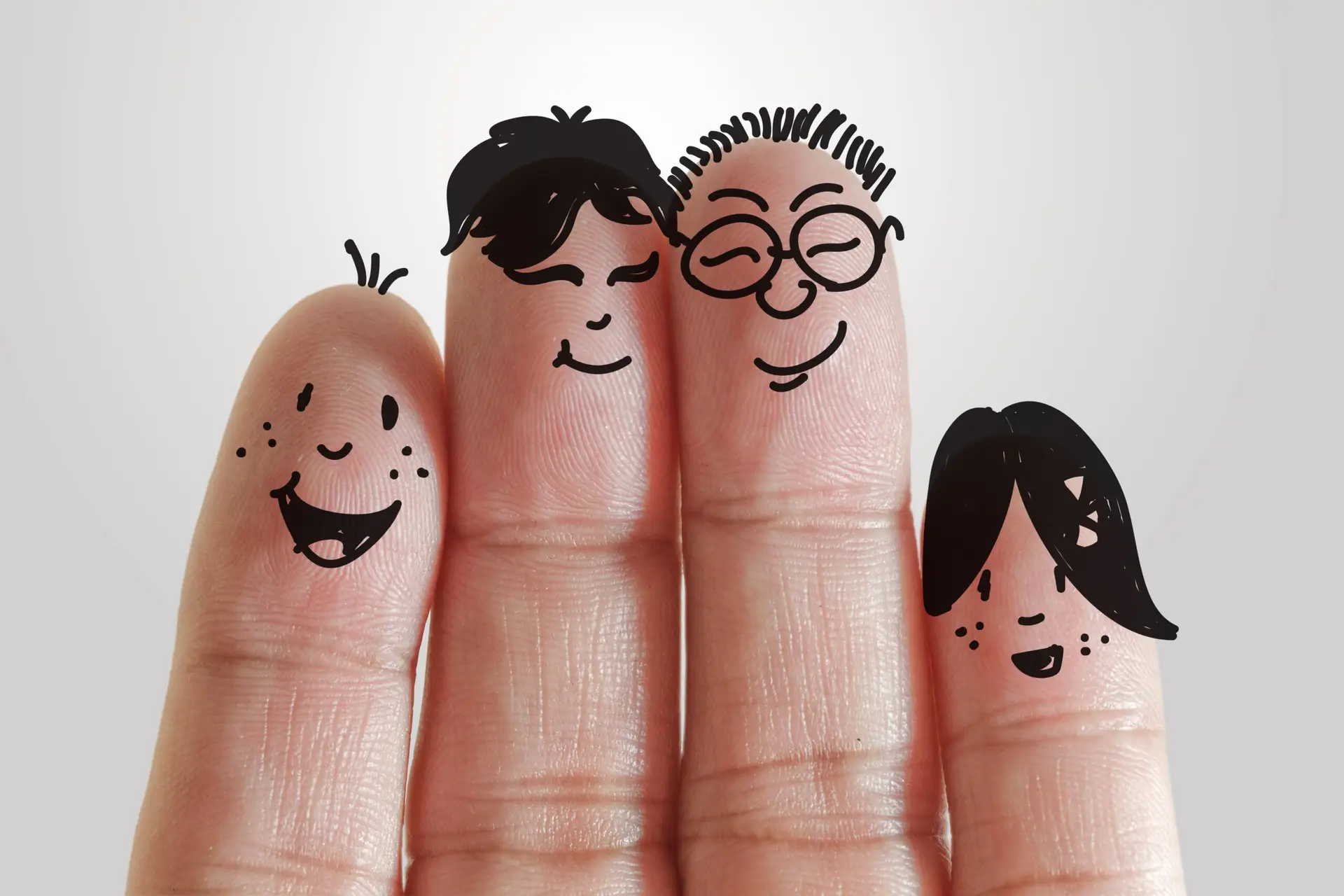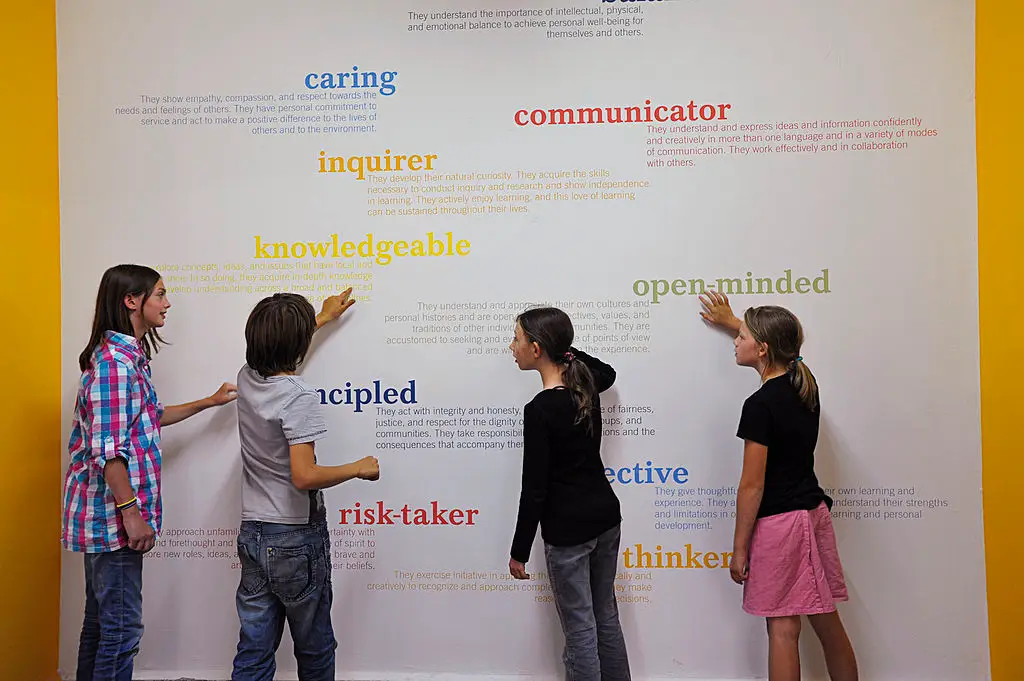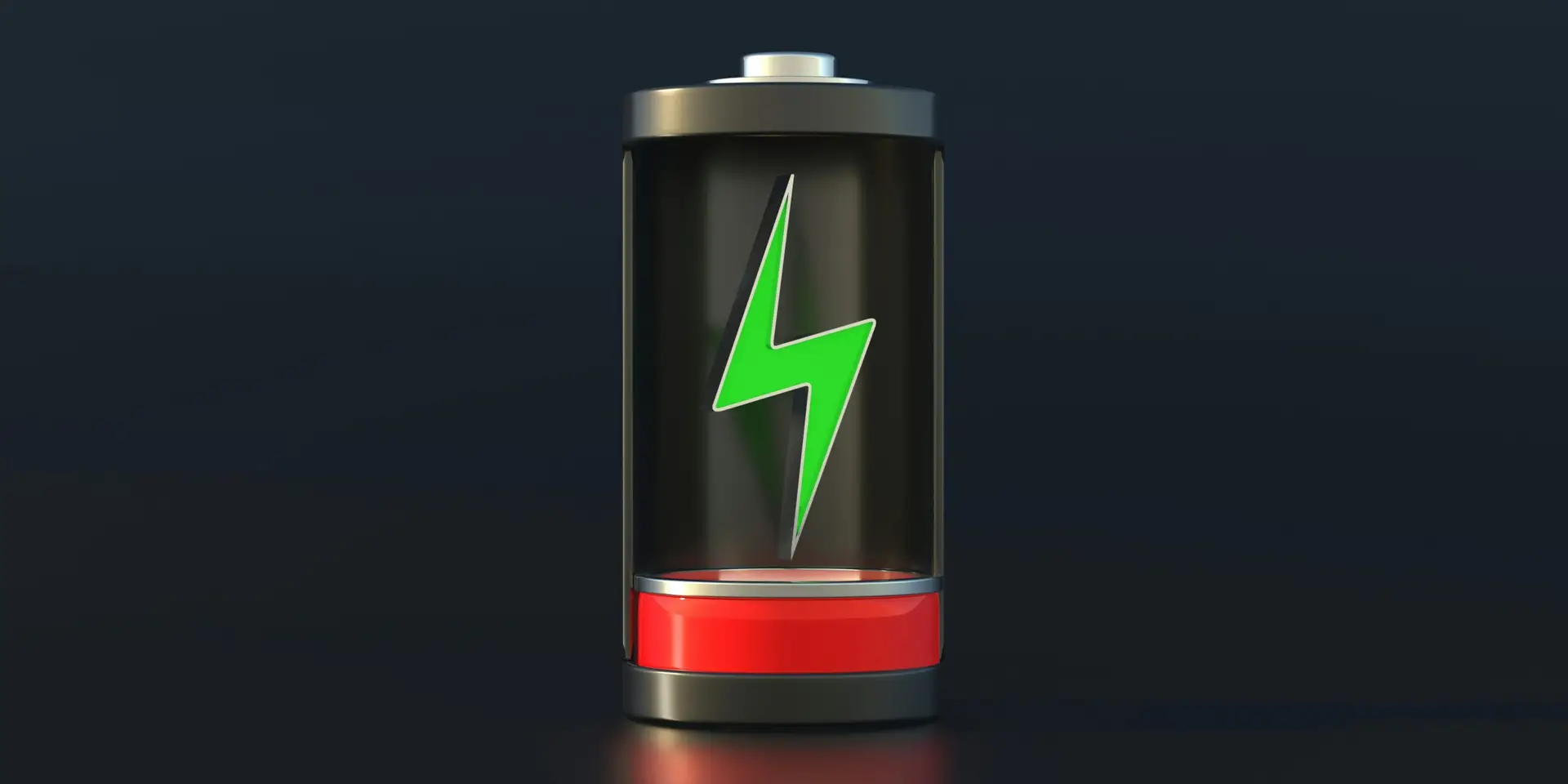Dealing with Emotional Reactions
Are you someone who ever gets emotionally triggered or reactive when things don’t go your way? Do you then say something you later regret?
It can happen to all of us, especially when we are stressed.
What can you actually do about it?
This might sound obvious, but the first thing you need to do is to notice when it happens. You probably won’t catch the moment right away. It might only be afterwards, and at the beginning it may only be a long time afterwards. The more you pay attention, the closer to the moment you will catch what happened. It may take some practice to get there.
Now that you are paying attention, don’t beat up on yourself!
Try something different instead.
You can try being kind to yourself, in the face of having been reactive once again. Not to excuse whatever it was you did or said that you are now regretting. Instead, your aim is to recognise that this kind of thing happens to anyone when they get triggered.
You can give yourself a break. You are not a bad person, but you did something in the heat of the moment, that you didn’t intend. That’s all. You are human too!
Let’s look at what happens in the midst of getting triggered
We all have needs, it’s healthy. Knowing your needs helps you to survive. Sometimes other people help us meet our needs, and sometimes they don’t. Sometimes we need to find other ways, to have our needs met instead of relying on particular others. We tend to have expectations that certain particular others should meet needs – like the need for care and acceptance, for example.
However, sometimes that favourite person is not available in the way that you want in that moment. That’s one of the moments that a lot of people get reactive, and that’s completely normal.
Inside the brain, there is a lot going on in such moments. … The emotional part of the brain takes over, which means it activates the Freeze-Fight-Flight response system.
The problem is that the emotional brain does not do any reality checking. This part of the brain jumps into action – or reaction. It doesn’t check to see if the thing it’s reacting to is happening in the present moment, or if it is reacting to something that happened a long time ago.
For the emotional brain, there is no difference. The fact that the emotional part of the brain can step in so fast is also a lifesaver. For example, it fuels your impulse to run into the road and pull your child back from an approaching car. This is the same mechanism operating and this part of the brain doesn’t know the difference between then and now.
An emotional trigger reaction is usually a response to that long ago situation. It’s behaving as if it were happening right now.
The Emotional Reaction Trigger
An example: You are having a talk with someone, and they appear not to be listening.
They are talking over you and not acknowledging you anything you said.
You might feel annoyed, irritated, frustrated. It might not bother you that much.
But if this is something that happened often when you were younger you might have a strong reaction. It might really upset you. The thing is your brain is responding also for all the other times it happened before when you felt ignored.
Then if you don’t catch it in time, you end up being inappropriately angry with the person in front of you.
It’s important to recognise that this person was not responsible for all those other times when you were younger. That’s why it’s so important to catch these moments – as more awareness brings more choice. It helps you make better choices.
What can you do about it?
There’s a lot of information out there that tells us all you need to do is to stop, notice what’s going on, calm yourself down, take some deep breaths and carry on.
As the saying goes ‘Keep Calm and Carry on.’ It works ……up to a point. But these kinds of memories are held in the body so you cannot completely resolve them only with mind
As Besel van de Kolk points out in his book ‘ The Body Keeps the Score’ , it isn’t that simple.
‘When the alarm bell of the emotional brain keeps signalling that you are in danger, no amount of insight will silence it.’
When your emotions and your sense of reason are in conflict you may have a very visceral experience.
This is worth paying attention to it even though your natural inclination can be to run away and ignore it all. It can feel like World War 3 is breaking out in your gut, heart, or lungs. This creates havoc to your system, and all the long-term projects of your body have to go on hold. That’s things like building the immune system, digesting your food, growth, healing etc. And let’s face it no-one enjoys being triggered.
And if you don’t resolve these issues long term it can also lead to more serious health issues.
This is when it’s important to turn towards the body and take note of the information held in the body.
Whole Body Focusing
One of the methods that helps is Whole Body Focusing.
This is a body centred enquiry process that helps you to learn from the body. It provides a framework connect with the raw feelings that are triggered. It can lead you back to the root cause of the situation that you probably weren’t even conscious of.
Once you are in contact with the root cause of the trigger, you can deal with it more easily. You can find new ways to welcome and accept whatever you find there.
Over time, it can help you get less reactive with people in your world today. It can also help you see patterns in your life that are holding you back.

Here are some tips to get you started:
- Start paying attention to your triggers. Get curious about them, as if you are an investigative journalist trying to make sense of the situation.
- Keep a trigger journal and reflect on the situation. You might discover what is causing it. It will get you pretty far just by noticing what is triggering you and how you are reacting.
- When you catch it in the moment, try and bring yourself really present. You can start by noticing things like:
- Your feet on the ground
- The sounds around you
- The points of your body that are in contact with the ground or another part of the body
- Your breathing
and to be aware of whatever bodily sensations you are experiencing.
- Feel your own sense of being a person who is bigger than this thing that is triggering you – it is a part of you that is triggered – you are so much bigger than that!
- And be kind to yourself for having to deal with this challenging situation.
I’d love to speak with business leaders who are seeking support and insight into keeping their emotional reactions focused. If you are seeking some 1-2-1 coaching, please get in contact. I’d love to chat with you!
.





